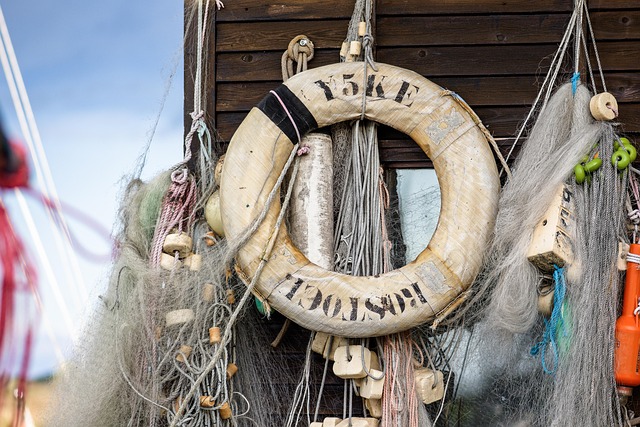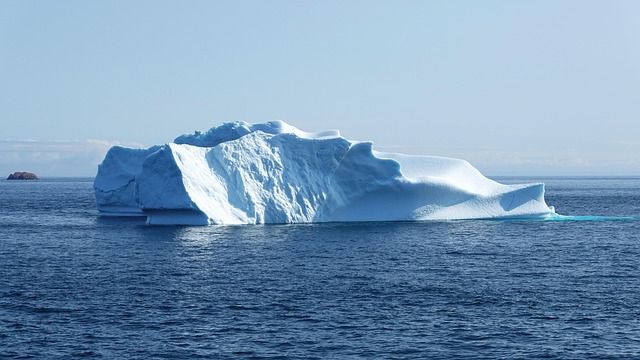Emerging Threats: Water Security in a Melting World
Water is the lifeblood of our planet, a resource we often take for granted. However, as we confront the pressing realities of climate change, the security of this vital resource is increasingly under threat. The melting ice caps and glaciers, once viewed as distant concerns, now resonate deeply with communities around the world. The implications for water security are significant, presenting both challenges and urgent calls to action.
As temperatures rise, we are witnessing unprecedented changes in our environment. Glaciers, which store vast amounts of freshwater, are melting at alarming rates. This isn’t merely an environmental issue; it’s a human one. Those who rely on glacial melt for their water supply—especially in regions like the Himalayas and the Andes—face an uncertain future. For many, the prospect of losing reliable water sources evokes anxiety, highlighting the fragile balance of ecosystems that sustain life.
In many areas, the consequences of climate change extend beyond the scarcity of water. Extreme weather patterns such as droughts, floods, and storms are becoming more frequent, further complicating the situation. These events disrupt not only water availability but also agricultural practices, leading to food insecurity. The plight of farmers battling against severe climate conditions is a sobering reminder of how interconnected our challenges are, and how critical water security has become.
The threat to water security goes beyond the immediate physical changes in our environment. It raises ethical questions and highlights issues of social justice, as marginalized communities often bear the brunt of water shortages. Access to clean water should be a universal right, yet many find themselves navigating a landscape where this right is increasingly jeopardized. This disparity fuels social unrest and complicates efforts to combat climate change effectively.
Meanwhile, pollution exacerbates the issue. As ice melts, it often reveals hidden contaminants that have accumulated over decades. Additionally, industrial runoff and agricultural practices continue to taint our water sources, making the quest for pure water even more challenging. In this melting world, the narrative surrounding water security must shift from one of abundance to one of cautious sustainability.
There is a pressing need for innovative solutions and collective action to safeguard our water resources. Communities are beginning to recognize the benefits of conservation, rainwater harvesting, and sustainable management practices. Education plays a vital role in fostering awareness about water preservation, empowering individuals to contribute to solutions that enhance water security.
Furthermore, governments and organizations must prioritize policies that address both the consequences of climate change and the necessity of equitable water distribution. Investing in infrastructure to support sustainable water access and enhancing resilience against climate impacts are crucial steps toward mitigating the risks we face.
Ultimately, the melting of our world serves as a stark reminder that water security is not a static situation but a dynamic challenge that demands our immediate attention. As we strive to counteract the effects of climate change, the importance of protecting our water sources has never been more apparent. It’s time to embrace this challenge, uniting in our efforts to secure a safe, sustainable future for all.




